Tomato paste is a staple ingredient in numerous culinary recipes, renowned for its rich flavor and versatility. However, dilute tomato paste has emerged as an alternative option that offers some distinct advantages. In this article, we will explore the pros and cons of using diluted tomato paste and discuss whether it is a smart solution or a diluted potential for businesses in the food industry. What is Dilute Tomato Paste? Dilute tomato paste is simply regular tomato paste that has been mixed with water to reduce its concentration. The process allows for a thinner consistency while maintaining the tomato flavor.
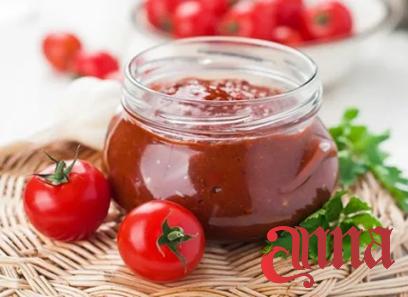
.
 This dilution can be customized based on the desired thickness or consistency required for a particular recipe. Pros of Using Dilute Tomato Paste: 1. Cost-Effective: One of the key benefits of dilute tomato paste is its cost-efficiency. By diluting the paste, businesses can stretch their inventory further, requiring less actual tomato paste to achieve the desired flavor. This can significantly reduce expenses, making it an appealing option for businesses looking to optimize their budget.
This dilution can be customized based on the desired thickness or consistency required for a particular recipe. Pros of Using Dilute Tomato Paste: 1. Cost-Effective: One of the key benefits of dilute tomato paste is its cost-efficiency. By diluting the paste, businesses can stretch their inventory further, requiring less actual tomato paste to achieve the desired flavor. This can significantly reduce expenses, making it an appealing option for businesses looking to optimize their budget.
..
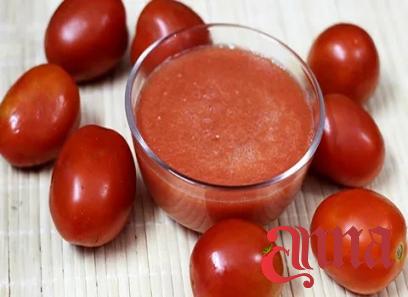 2. Versatility: Diluted tomato paste offers a greater flexibility in its application. Its thinner consistency allows for easier incorporation into soups, sauces, stews, and marinades. This versatility ensures that businesses can use it across a wide range of recipes, enhancing the overall efficiency of the kitchen operations. 3. Enhanced Flavor Control: Diluting tomato paste also allows for better control over the intensity of the tomato flavor in a dish. By regulating the level of dilution, chefs can achieve the perfect balance that complements other ingredients. This precision can be particularly useful in recipes where tomato flavor needs to be more subtle or nuanced. Cons of Using Dilute Tomato Paste: 1. Compromised Texture: One of the main drawbacks of dilute tomato paste is the potential compromise in texture. The reduced concentration can lead to a thinner consistency, which may not be suitable for certain recipes that require a thicker base or a more robust mouthfeel. This can hinder the overall quality of the final product.
2. Versatility: Diluted tomato paste offers a greater flexibility in its application. Its thinner consistency allows for easier incorporation into soups, sauces, stews, and marinades. This versatility ensures that businesses can use it across a wide range of recipes, enhancing the overall efficiency of the kitchen operations. 3. Enhanced Flavor Control: Diluting tomato paste also allows for better control over the intensity of the tomato flavor in a dish. By regulating the level of dilution, chefs can achieve the perfect balance that complements other ingredients. This precision can be particularly useful in recipes where tomato flavor needs to be more subtle or nuanced. Cons of Using Dilute Tomato Paste: 1. Compromised Texture: One of the main drawbacks of dilute tomato paste is the potential compromise in texture. The reduced concentration can lead to a thinner consistency, which may not be suitable for certain recipes that require a thicker base or a more robust mouthfeel. This can hinder the overall quality of the final product.
…
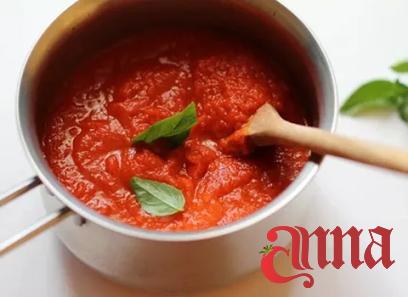 2. Extended Cooking Time: When using diluted tomato paste, businesses might need to simmer the dish for a longer duration to achieve the desired flavor and thickness. This extended cooking time can have implications for businesses that require rapid turnaround or need to maintain efficient cooking processes. 3. Limited Shelf Life: Dilute tomato paste has a shorter shelf life compared to concentrated paste. The additional water content creates an environment that is more conducive to bacterial growth and spoilage. Businesses utilizing dilute tomato paste need to closely monitor and manage their inventory to prevent wastage and ensure food safety. Conclusion: While dilute tomato paste offers cost savings, versatility, and flavor control, it is essential for businesses to carefully consider its potential drawbacks. The compromised texture, extended cooking time, and limited shelf life should be evaluated in light of specific culinary requirements and operational constraints. Ultimately, the decision to use dilute tomato paste should be based on a thorough analysis of the unique needs and goals of each business.
2. Extended Cooking Time: When using diluted tomato paste, businesses might need to simmer the dish for a longer duration to achieve the desired flavor and thickness. This extended cooking time can have implications for businesses that require rapid turnaround or need to maintain efficient cooking processes. 3. Limited Shelf Life: Dilute tomato paste has a shorter shelf life compared to concentrated paste. The additional water content creates an environment that is more conducive to bacterial growth and spoilage. Businesses utilizing dilute tomato paste need to closely monitor and manage their inventory to prevent wastage and ensure food safety. Conclusion: While dilute tomato paste offers cost savings, versatility, and flavor control, it is essential for businesses to carefully consider its potential drawbacks. The compromised texture, extended cooking time, and limited shelf life should be evaluated in light of specific culinary requirements and operational constraints. Ultimately, the decision to use dilute tomato paste should be based on a thorough analysis of the unique needs and goals of each business.

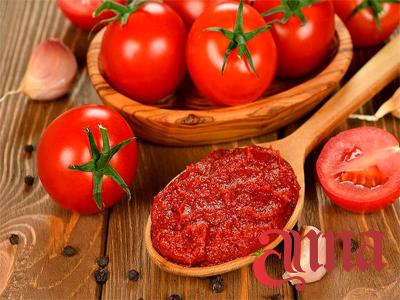
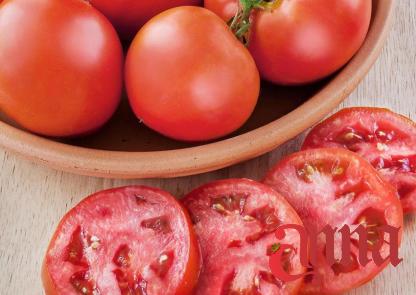

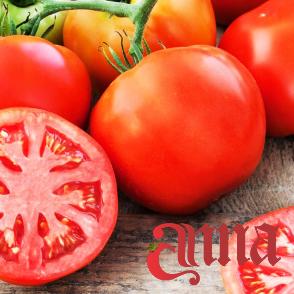

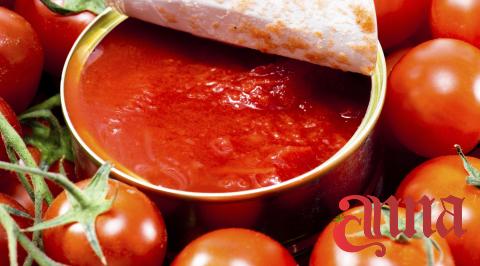
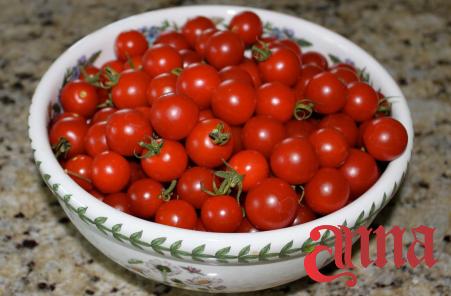

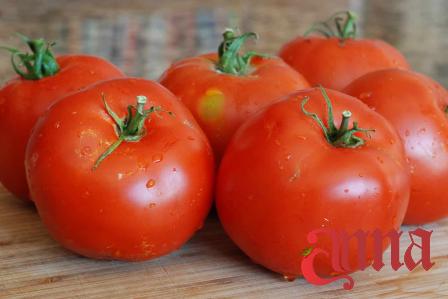
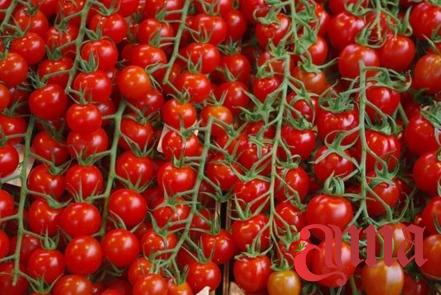
Your comment submitted.